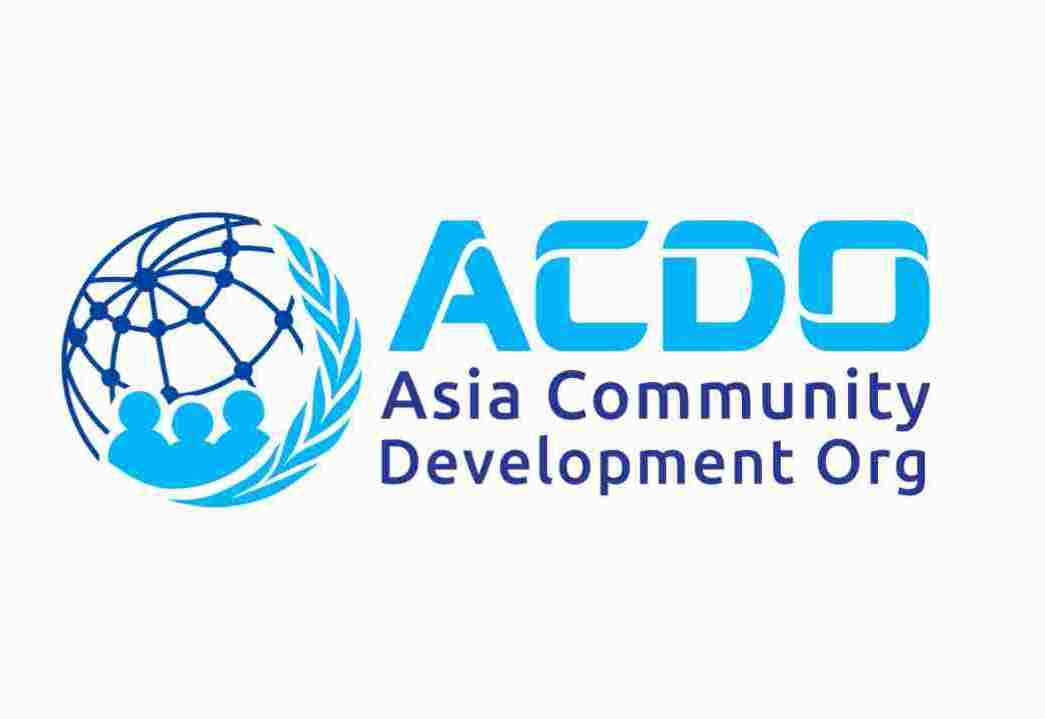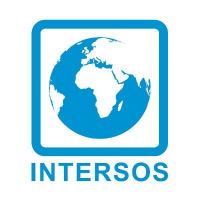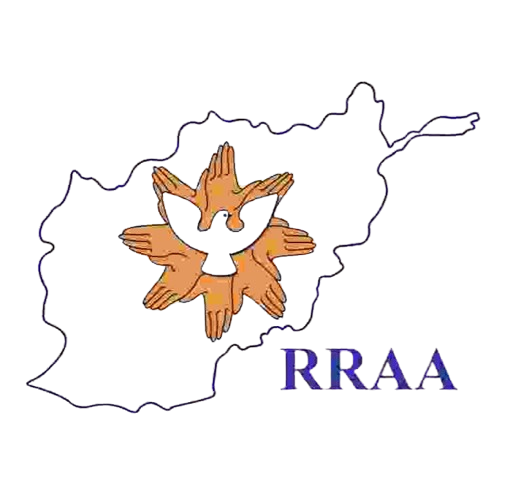In 2021 an L3 emergency was announced in Afghanistan following change in power in the country. UNICEF Health programme worked with partners to provide essential health services for children and women in need across the country. Services are provided through health facilities and mobile teams for remote, hard-to-reach and in-need areas. Monitoring and technical support are key functions to verify programme implementation and improve the quality of service, including MNCAH, EPI, and especially health in emergency activities in all provinces of the country, as well as at the regional and national levels.
In addition, in September 2021, the world bank suspended the Sehatmandi project in Afghanistan, this threatens to collapse the health system in the country, UNICEF and WHO have worked to sustain the services through CERF fund until a new mechanism is created. A monitoring framework of this modality is being created including monitoring field visits to health facilities receiving support through UNICEF.
Also, in 2021, vaccination against COVID 19 started in the country, adding more burden to the already overwhelmed health system, the introduction of new vaccine targeting different population groups, required another additional monitoring framework and tools to track the progress and ensue quality and equity.
Objective: Extenders are expected to carry out a range of duties, as outlined below, to support monitoring functions, demand generation, accountability to affected population mechanisms, technical facilitation and programme implementation.
Those duties, which are described in detail below, do not include neither programmatic nor financial authority. Extenders are identified among Afghani citizens with specific expertise and a thorough knowledge of the territory in which they operate, based on their residency and/or work experience.
Key duties and responsibilities:
1. Quarterly SP warehouse monitoring visits and corresponding validation checks at HF level
2. Analysing and/or receiving analytics products from supply monitoring datasets and identifying follow up areas, in coordination project management team.
3. Produce updates/report on supply related issues from the field.
4. Engaging with SPs for regular follow up on reports of stock outs and facilitating actions to redistribute to HFs.
5. Conducting ad hoc assignments for follow ups/assessments and other data collection activities.
6. Conducting assessment of HIVA activity implementation/indicator status and follow up on issues related to documentation/monitoring of maternal, newborn and NCD indicators.
7. Support quality assurance back-checks on normal extender monitoring visits.
8. Support the zonal office programme implementation and result, by improving extenders network performance through coordination and technical support.
9. Coordinate the extenders network in the region and plan extenders activities and track the progress including.
10. Track supply chain from Kabul to Region to provides, making sure supply reaching to HF.
11. Identify bottlenecks in procurement, warehousing and distribution.
12. Collaborate with local Stakeholders to align on roles, and responsibilities.
13. Establish operational protocols for improved procurement, storage, and distribution processes.
Capacity Building
-
Develop training materials, including manuals, guidelines, and presentations for supply chain management.
14. Coordinate adhoc data collection requests with provincial extenders, consolidate and check data quality before sharing.
15. Develop and review monthly analysis of programme and partners performance in the region based on information shared by provincial extenders and from regional visits and suggest priorities and action points to UNICEF zonal health specialist.
16. Conduct regular visits to monitor Health programme activities supported by UNICEF at reginal level, and facilitate UNICEF staff programmatic visits, with a focus on:
a) Assessing programme implementation by Implementing Partners through PCAs (Programme Cooperation Agreements) and SSFAs (Small-Scale Funding Agreements) as well as programme implementation by partners and agencies according to the UNICEF Afghanistan Country Office Work Plans.
b) Checking EPI supplies chain systems and equipment in place and their functionality status, including following SOPs in vaccine storage and utilization.
c) Support Health information system and data registration reviews and assessments, and the implementation of Data Quality Improvement plans and microplaning activities.




